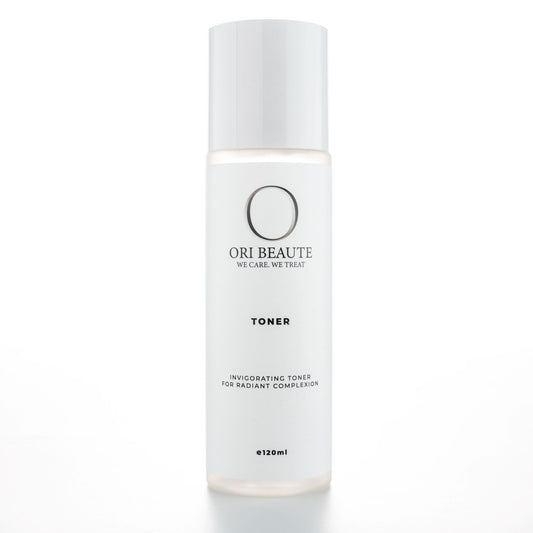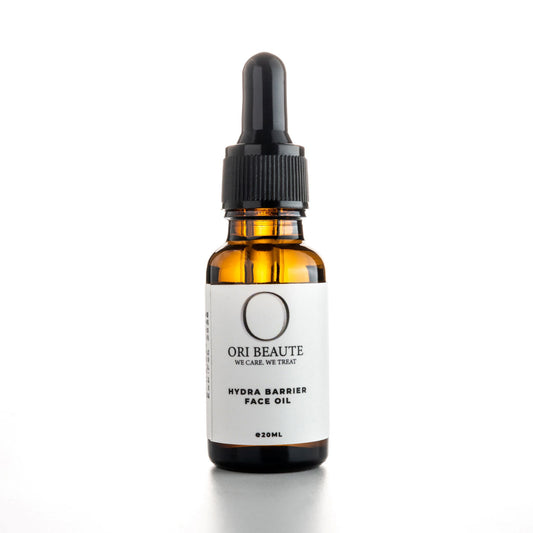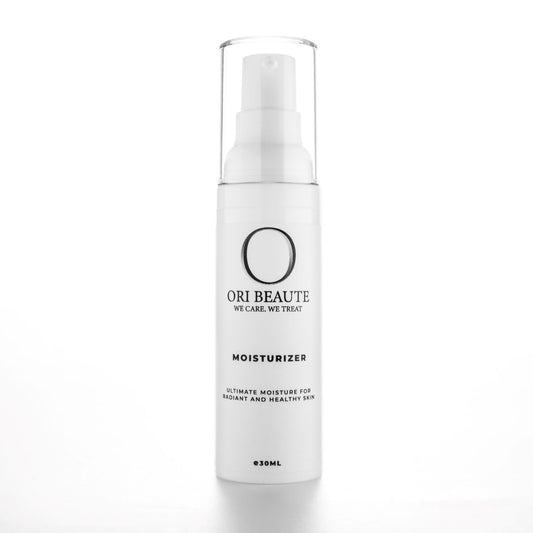Sensitive Skin
Sensitive skin is a condition characterized by easily irritated or reactive skin. It can be caused by various factors, such as genetic predisposition, environmental factors, or certain skincare products. If you have sensitive skin, here are some tips and suggestions to help you manage and care for your skin:
Tips & Suggestions

1. Patch test new products
Before applying a new skincare or cosmetic product to your face, perform a patch test on a small area of skin, such as the inner forearm. This will help you determine if the product triggers any adverse reactions or irritation.
2. Use gentle skincare products
Opt for mild, fragrance-free, and hypoallergenic skincare products specifically formulated for sensitive skin. Look for labels like "for sensitive skin" or "dermatologist-tested." Avoid products containing harsh ingredients, such as alcohol, fragrances, sulfates, and dyes, as they can cause irritation.
3. Moisturize regularly
Keep your skin hydrated with a gentle and fragrance-free moisturizer. Look for products that contain soothing ingredients like aloe vera, chamomile, or oat extract. Applying moisturizer when your skin is still slightly damp after cleansing can help lock in moisture.
4. Protect your skin from the sun
Sensitive skin tends to be more prone to sunburn and irritation from UV exposure. Protect your skin by wearing broad-spectrum sunscreen with at least SPF 30, even on cloudy days. Look for physical sunscreens with ingredients like zinc oxide or titanium dioxide, as they are less likely to cause irritation.
5. Avoid hot water
Hot water can strip the skin of its natural oils and exacerbate sensitivity. Use lukewarm water for cleansing and bathing, and avoid long hot showers or baths.
7. Limit exfoliation
Exfoliation can be beneficial for removing dead skin cells, but it can also irritate sensitive skin. Limit exfoliation to once a week using a gentle exfoliating product or consider using a soft washcloth or a konjac sponge for a more gentle approach.
7. Maintain a healthy lifestyle
A balanced diet, regular exercise, and sufficient sleep can contribute to overall skin health. Limit your intake of sugary foods, as they may worsen acne for some people.
8. Avoid harsh environmental factors
Protect your skin from extreme temperatures, wind, and harsh weather conditions. Wear protective clothing, such as carves or hats, to shield your skin. Consider using a humidifier in your home to add moisture to the air, especially during dry seasons or in heated environments.
9. Consult a dermatologist
If your sensitive skin persists or worsens despite your efforts, consider consulting a dermatologist. They can help identify the underlying cause of your skin sensitivity and provide tailored recommendations or prescribe medications to alleviate your symptoms
Recommended Product(s)
-
cleanser 150ml
Regular price RM118.00Regular priceUnit price / perRM118.00Sale price RM118.00 -
toner 120ml
Regular price RM118.00Regular priceUnit price / perRM118.00Sale price RM118.00 -
hydra barrier face oil 20ml
Regular price RM238.00Regular priceUnit price / perRM238.00Sale price RM238.00 -
moisturizer 30ml
Regular price RM118.00Regular priceUnit price / perRM118.00Sale price RM118.00




